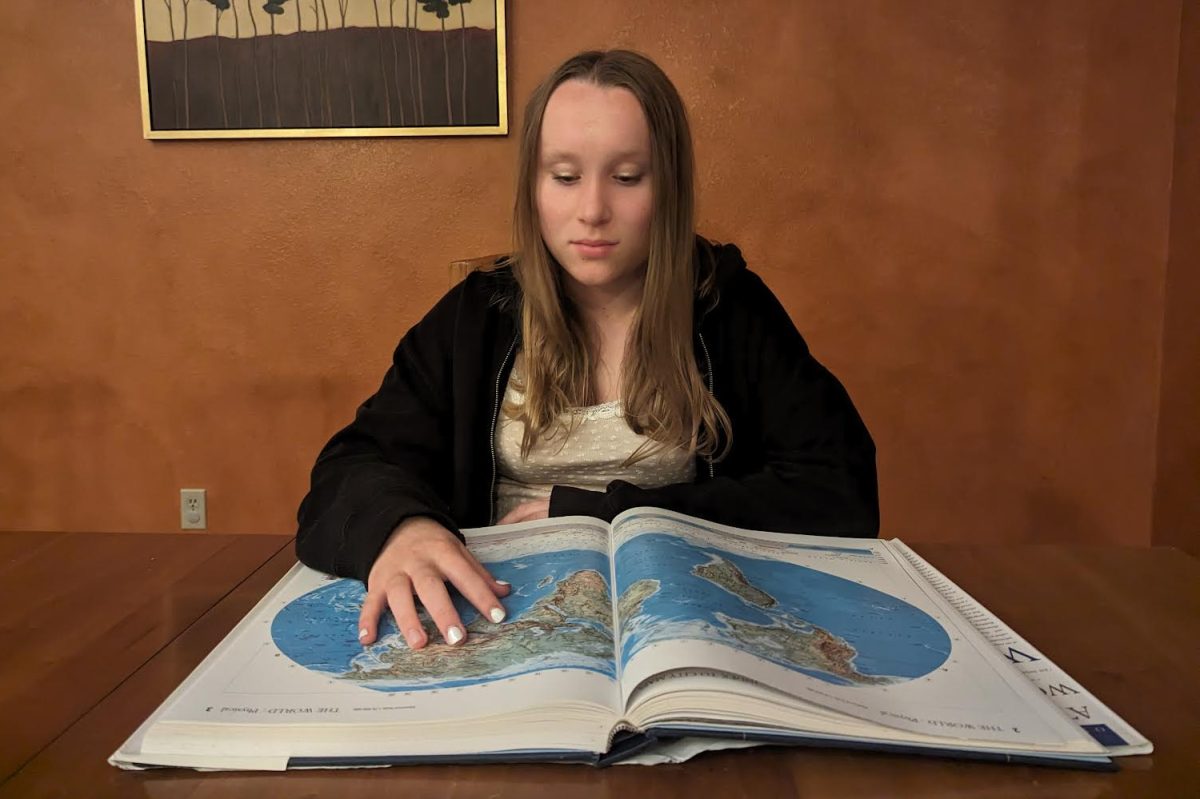The most recent National Assessment of Educational Progress determined that just 27% of eighth graders were performing at or above the proficient level in geography knowledge.
This lack of knowledge can largely be attributed to the fact that only 17 states require a geography course in middle school and 10 in high school. According to an article by National Geographic, most social studies classes incorporate geography. Still, teachers report that they only spend about 10% of their time teaching it, instead prioritizing history, government, and economics.
While these are all essential classes, geography should not be overshadowed for several reasons. Knowledge of geography helps students understand their own country and the rest of the world.
According to the European Travel Information and Authorization System, 40% of Americans do not know which countries are in the European Union, and only 20% see the status of the U.K. post-Brexit.
While these particular facts are not necessarily of high importance to navigating daily life, school, and jobs, the limited knowledge about countries the U.S. interacts and trades with illustrates a lack of understanding that has broader implications.
Limited geographic knowledge contributes to generalized perceptions of each continent despite the incredible diversity. This especially applies to tourism: limited understanding of the country you visit greatly limits your ability to fully appreciate the culture.
Geographical knowledge is also incredibly pertinent when students turn 18 and can vote. Future voters should be able to make informed decisions and understand where other nations are and how we interact with them.
An example illustrating the importance of increased geographical knowledge is the 2015 poll from Public Policy Polling, where 30% of Republican and 19% of Democratic primary voters would support bombing the city of Agrabah. This may not seem a cause for concern, but performing a quick Google search would confirm that this is not actually a real place; it is the fictitious setting of the Aladdin Disney movie.
The number of voters who simply support the bombing of a place they clearly did not know simply because they are aware of its supposed location in the Middle East has obviously concerning implications. The ability to make informed decisions, especially when it comes to elections, is a vital skill, and increased geographic knowledge so that people have more information on policies they are voting for is a critical piece of this.
Teaching geography can start from a young age to create informed voters and citizens prepared to enter adulthood.
Offering and requiring more geography classes is a simple way to accomplish this goal. Courses like Advanced Placement (AP) Human Geography are available throughout the United States, and 220,000 students take it each year. This class teaches students a wide variety of things, allowing them to better understand the world around them.
This class, and non-honors alternatives, should be available in all 50 states to increase the percentage of students performing at or above the proficient level.












